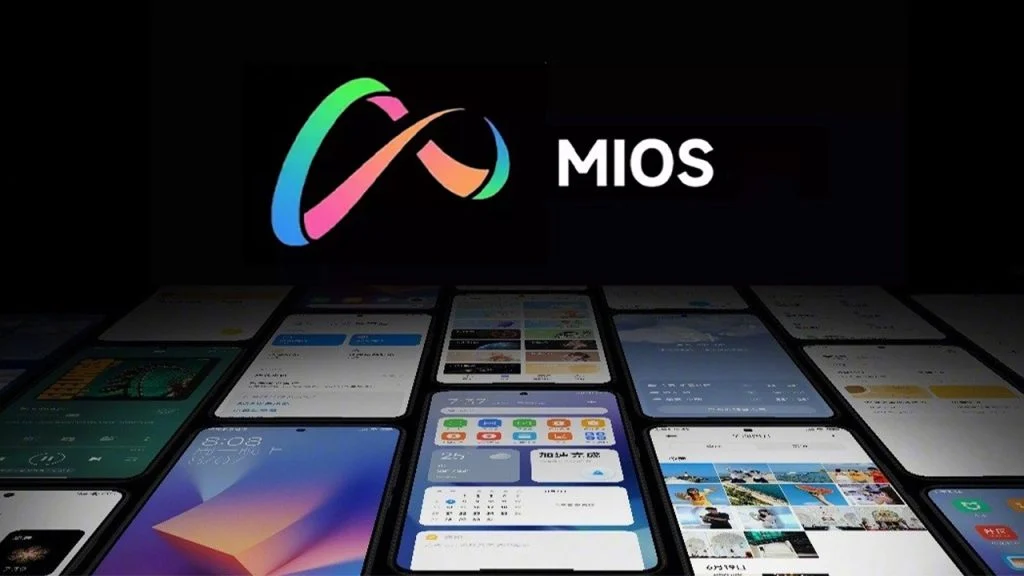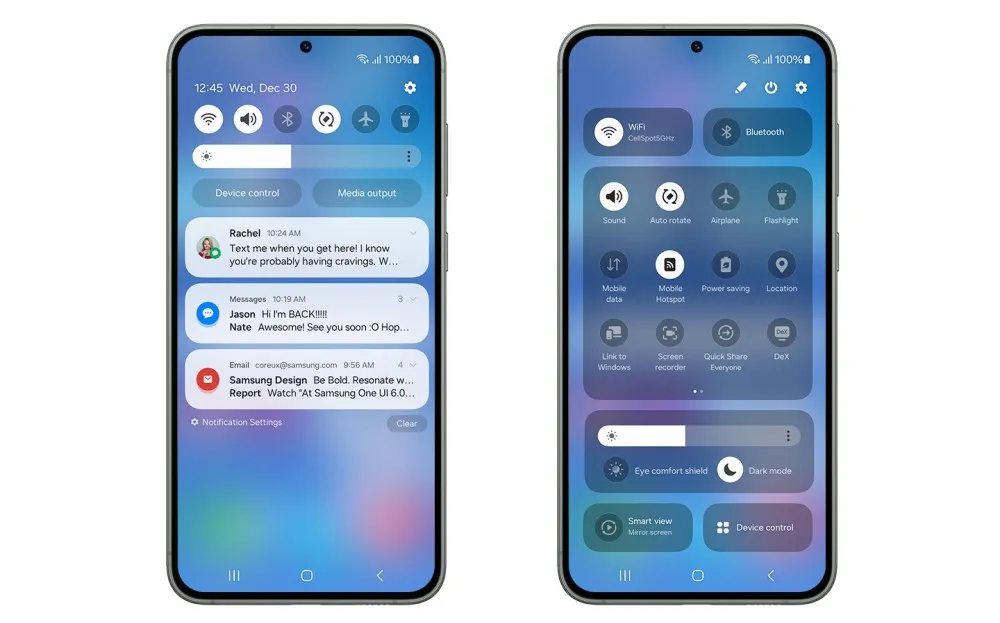Tencent Holdings’ Expansion into China's Healthcare Sector through AI and Social Media Fusion
Tencent Holdings, a key figure in China's technology domain, is embarking on a bold venture into the healthcare realm. Making use of its proficiency in social media and artificial intelligence (AI), Tencent is striving to revolutionize China's flourishing healthcare landscape. This strategic move aligns with a broader trend where major tech entities are aiming to overhaul the sector.
Integration of Tencent's Language Model and Social Media Platforms
Central to Tencent's healthcare initiatives is its expansive language model known as Hunyuan. Interwoven with popular social networking platforms like WeCom and WeChat, Hunyuan provides tailored AI solutions to stakeholders in the pharmaceutical and healthcare sectors. Noteworthy beneficiaries of this amalgamation include industry giants such as AstraZeneca. Head of Tencent Healthcare, Alexander Ng, underscores the emphasis on enriching the pharmaceutical sector's academic knowledge of medications, prioritizing this over mere marketing outcomes.
Varied Product Portfolio
Tencent’s healthcare expansion stretches beyond AI frameworks. The corporation has crafted consumer-oriented and business-centric offerings like Miying, an AI-powered medical imaging tool, and a medical insurance payment service seamlessly integrated with WeChat. These advancements underscore Tencent's dedication to reshaping healthcare protocols in China. Projections indicate that the country's healthcare market is set to soar to a monumental $311.5 billion by 2026.
Hurdles and Regulatory Frameworks
While the potential of AI in the medical sphere is promising, its integration in healthcare has been approached more cautiously compared to other sectors, given the critical nature of patient well-being. Chinese authorities have introduced guidelines to restrict AI's application in healthcare. Notably, AI-generated medical prescriptions are banned, and a clear stance is taken that AI is not a substitute for medical professionals in terms of diagnosis and treatment.
Enhancing the Medical Domain
Nonetheless, Tencent envisions notable prospects for AI to strengthen the medical domain, particularly in supporting healthcare practitioners. Acknowledging China's aging populace and the ensuing strain on medical facilities, Tencent identifies an opportunity to revolutionize healthcare delivery. This metamorphosis extends beyond conventional doctor-patient interactions, encompassing self-service models on online platforms. These models offer insights on disease prevention, aid in managing chronic conditions, and facilitate informative medical live-streaming sessions.
As Tencent Holdings continues its strides in the healthcare sector, its fusion of AI and social media mechanisms is on course to reshape China's healthcare landscape. Leveraging its expertise, Tencent aims not only to enhance healthcare accessibility and elevate patient outcomes but also to bolster the growth and evolution of China's healthcare market.


